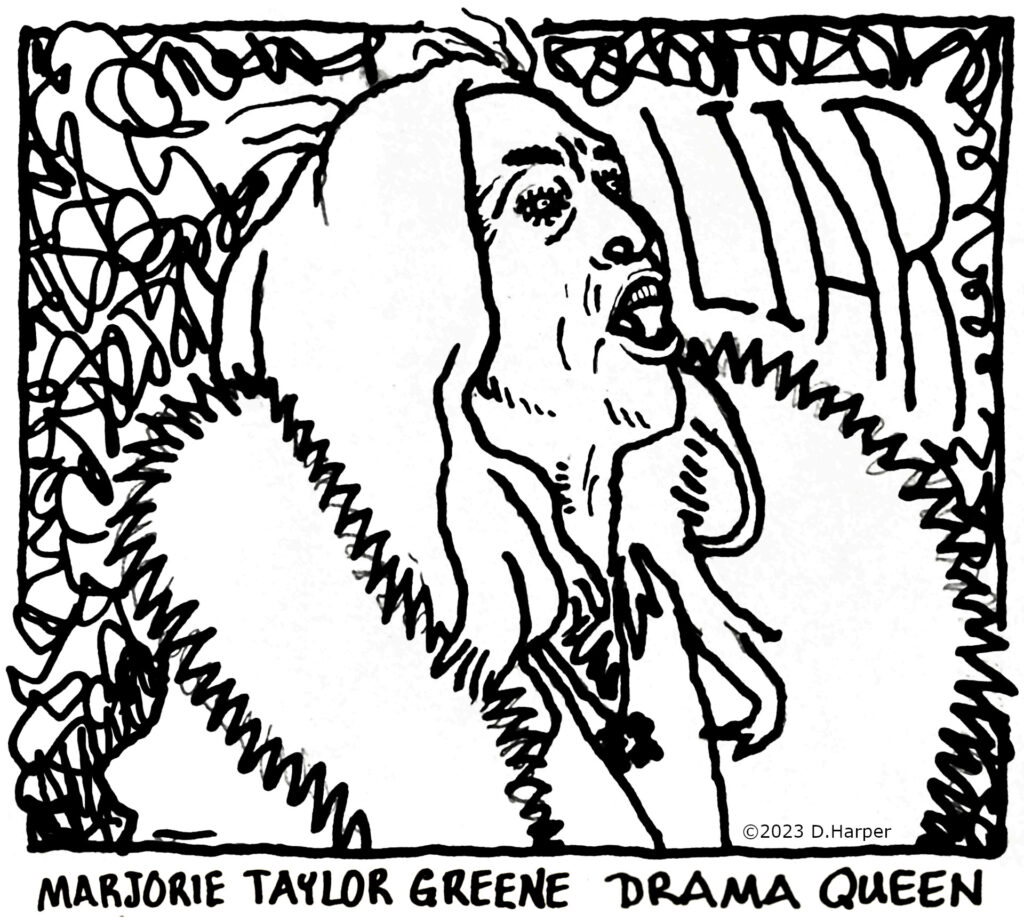A short excerpt from The Power Worshippers: Inside the Dangerous Rise of Religious Nationalism by Katherine Stewart. In this excerpt, the author and Rev. Chris Liles, a Bible-believing Southern Baptist preacher, have just attended a meeting of the Family Research Council, a Christian nationalist group. Neither one of them felt comfortable at the meeting. As they leave, Pastor Chris begins speaking to Katherine Stewart:
“‘It’s ten degrees hotter than normal, and these people don’t believe in climate science,’ he grumbles. Then his words start tumbling out like a waterfall.
“‘Do we not owe people more than simply reducing “pro-life” to one issue?’ he says. ‘I mean, no one wants babies to die. No one is “pro-abortion.” That is a false dichotomy. Do we not owe people more than to force them into one box or another? As much as abortion is a pro-life issue, so is affordable health care, access to contraceptives, and real, comprehensive sex education. Minimum wage. Fighting poverty. These should all be part of the “pro-life” conversation.’
“Chris falls into silence for a few minutes, then speaks again.
“‘And shouldn’t we show compassion to people regardless of how they identify? They, too, are made in God’s image. We find in Scripture the imperative to love our neighbors and care for the least of these. That is by far one of the clearest messages we receive.’
“I feel bad for Chris [says Katherine Stewart]; he seems dismayed by the event precisely because the Bible is his greatest source of comfort and moral direction…..
“Stopping at a red light, Chris picks up his Bible and turns to the Old Testament book of Amos. ‘Here, for instance, in chapter five, the prophet says, “You, Israel, you were supposed to take care of the poor and you’re not doing it,”’ Chris says. ‘“You’re using power and wealth to tilt the system in your favor.” For society to be just, it was necessary for everyone to be seen as equal.’ He falls silent for a few moments. ‘Sometimes,’ he adds, ‘it’s almost like people are reading a different Bible. That’s the trick with Scripture. You can make the Bible say just about anything you want it to.’”…


